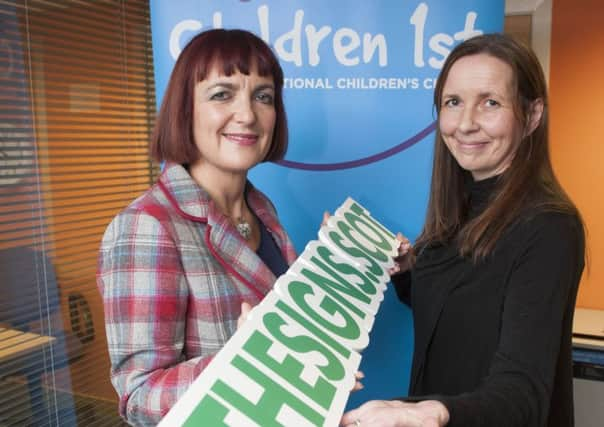Parents encouraged to learn the signs of child sexual exploitation


New research shows 93 per cent of parents have heard of child sexual exploitation, but almost a third (29 per cent) know little about it and over a third (36 per cent) believe it won’t affect their family.
It’s often a hidden crime where the child may not understand that they are in fact a victim and so may not come forward to seek help.
Advertisement
Hide AdAdvertisement
Hide AdA new TV advert and website - www.csethesigns.scot - show how conversations online can potentially lead to a young person placing themselves in danger and highlight how to spot the warning signs.
Parents are being encouraged to learn what to look out for when identifying key warning signs of child sexual exploitation, such as sudden changes in behaviour, acting secretively, new friendships, coming home late, or coming home with new expensive things like mobile phones, ipods or clothes without being able to explain where they came from.
In 2014/15 ChildLine in Scotland provided 635 counselling sessions to children and young people worried about child sexual exploitation, with the NSPCC responding to 62 inquiries from adults in Scotland in the same period. Yet experts feel these figures may be the tip of the iceberg.
Education Secretary Angela Constance launched the child sexual exploitation campaign during a visit to ParentLine in Edinburgh, saying: “Child sexual exploitation is happening to boys and girls in Scotland. By its very nature this form of child abuse is often hidden and many young people who are affected don’t realise they are a victim and will not ask for help.
Advertisement
Hide AdAdvertisement
Hide Ad“The first step in tackling this abhorrent crime is understanding it can happen to anyone. It can take many forms – online, through social media or on phones, as well as in person on a one to one or group basis.’’
A range of partners are supporting the campaign, including Barnardo’s Scotland, NSPCC Scotland, ChildLine, Police Scotland and Children 1St.